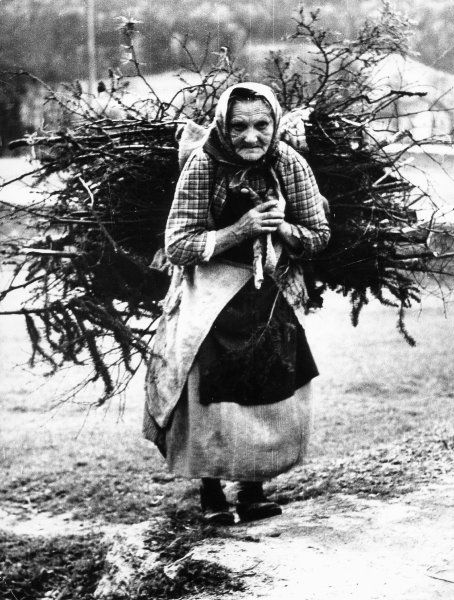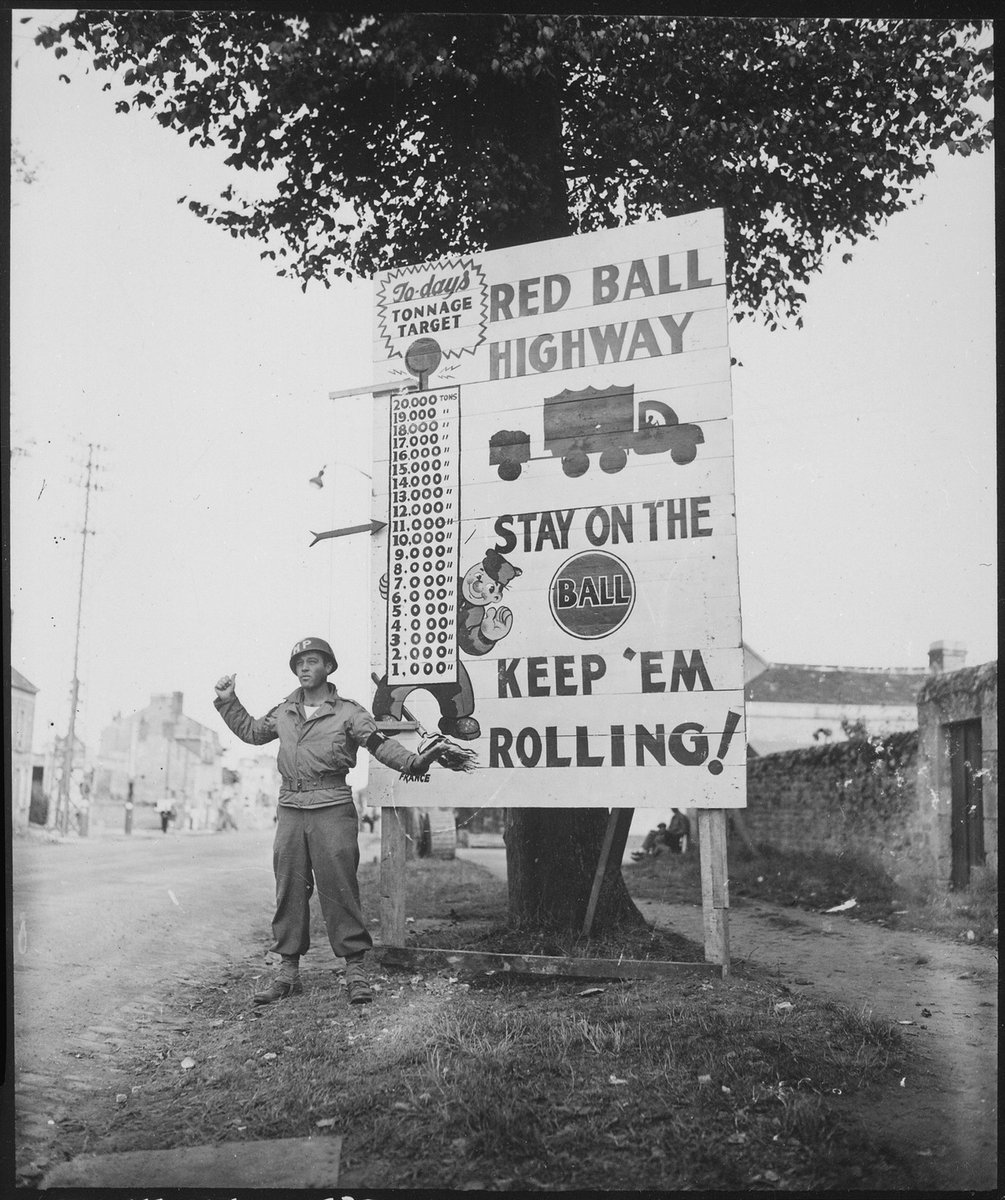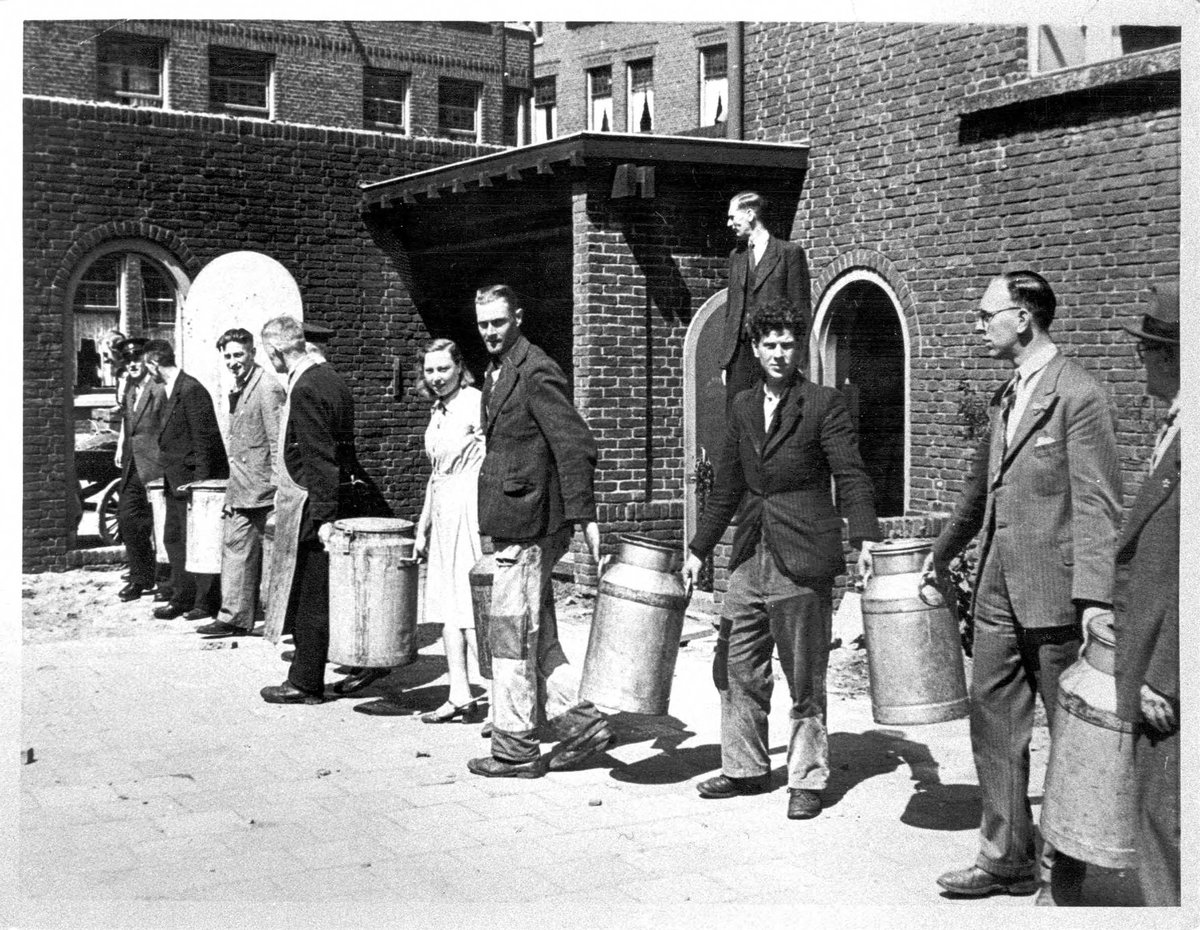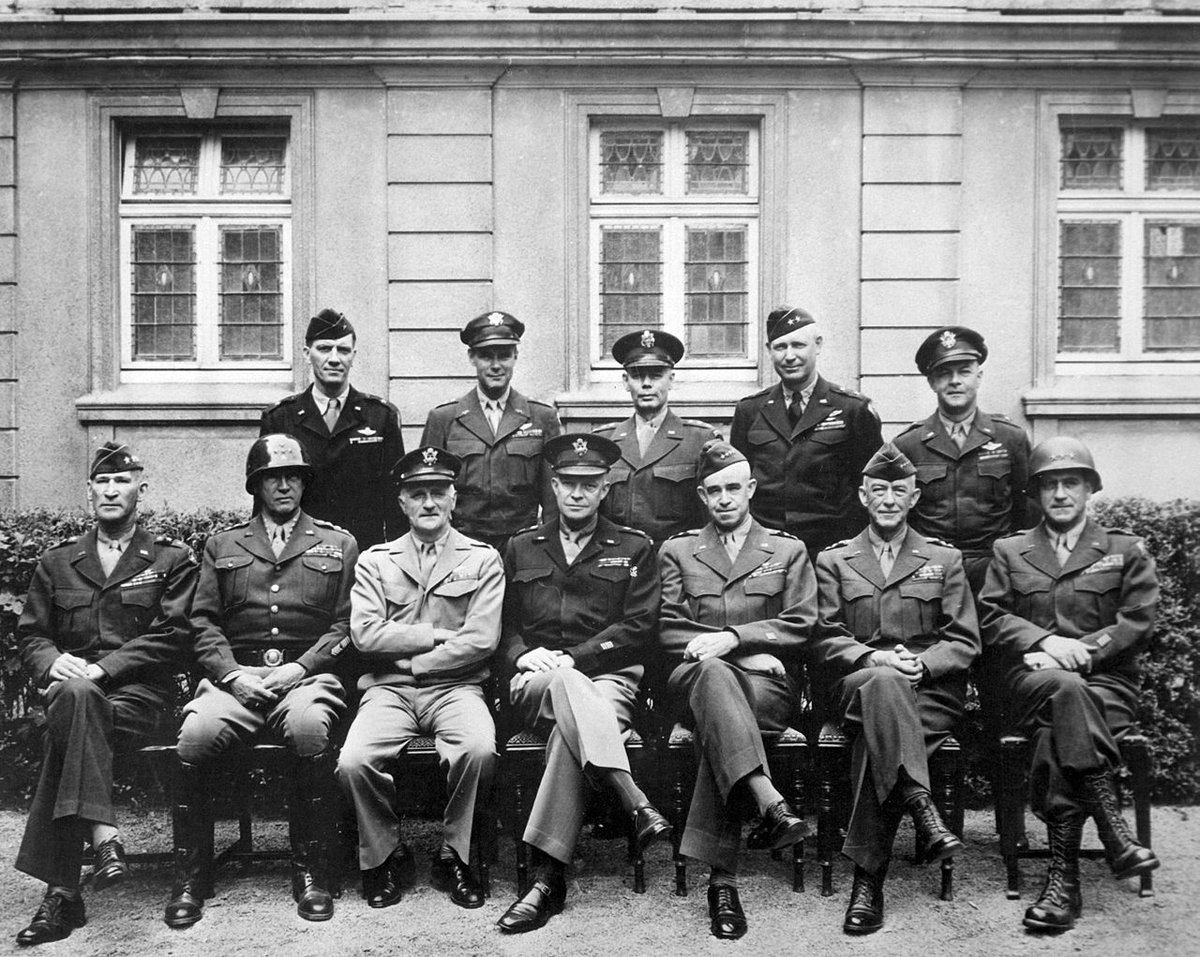
1 of 9: Today, on the 27th anniversary of the Battle of Mogadishu, we caught up with Matt Eversmann, the @75thRangerOMST Staff Sergeant who lead the daytime raid. Eversmann, of course, is immortalized in "Black Hawk Down" (he's played by Josh Hartnett).
Here's what he told us:
Here's what he told us:
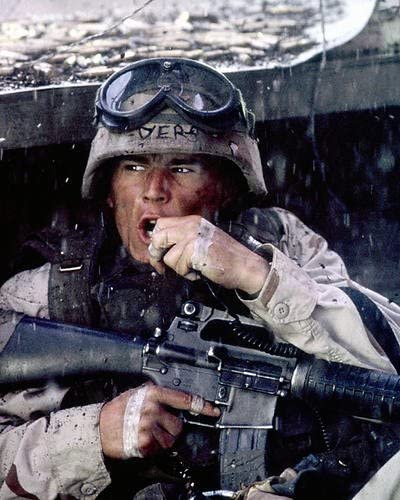
2 of 9: "Back then, in 1993, the @USArmy hadn't seen that kind of combat since Vietnam. It was so unique, dramatic, & brutal for that age. It's an odd contrast with today. I was just on @FtBraggNC & now we have these young soldiers have led troops in battle 3, 4, 5, or 6 times." 
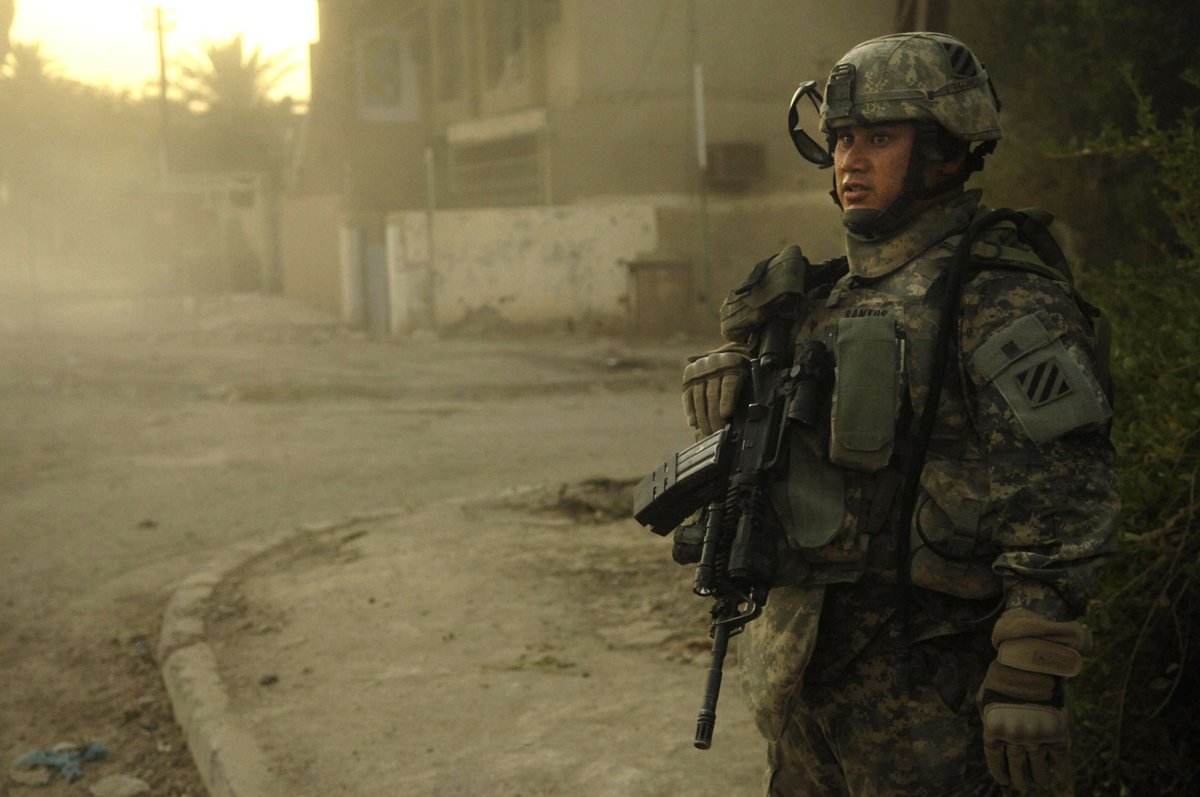
3 of 9: "We have kids today who are what we were. The faces change. The names change. But that grit is the same. That valor is the same. That love for one another is the same." 

4 of 9: Matt's always humble: "In the post-9/11 world, there are so many incredible warriors that have fought so many times. I hope these men & women can take something from us. In some ways, I hope they learned a lesson of how to prepare. I know they'll do it better than us." 

5 of 9: "When I think about Oct 3rd and 4th, 1993, I think about the valor, the courage, the tenacity of the men in the worst possible position. We were all accountable to each other." 

6 of 9: Matt retired from the Army in 2008 after leading a company from @10MTNDIV during the surge in Iraq. He's now working on a book with best-selling author James Patterson. 
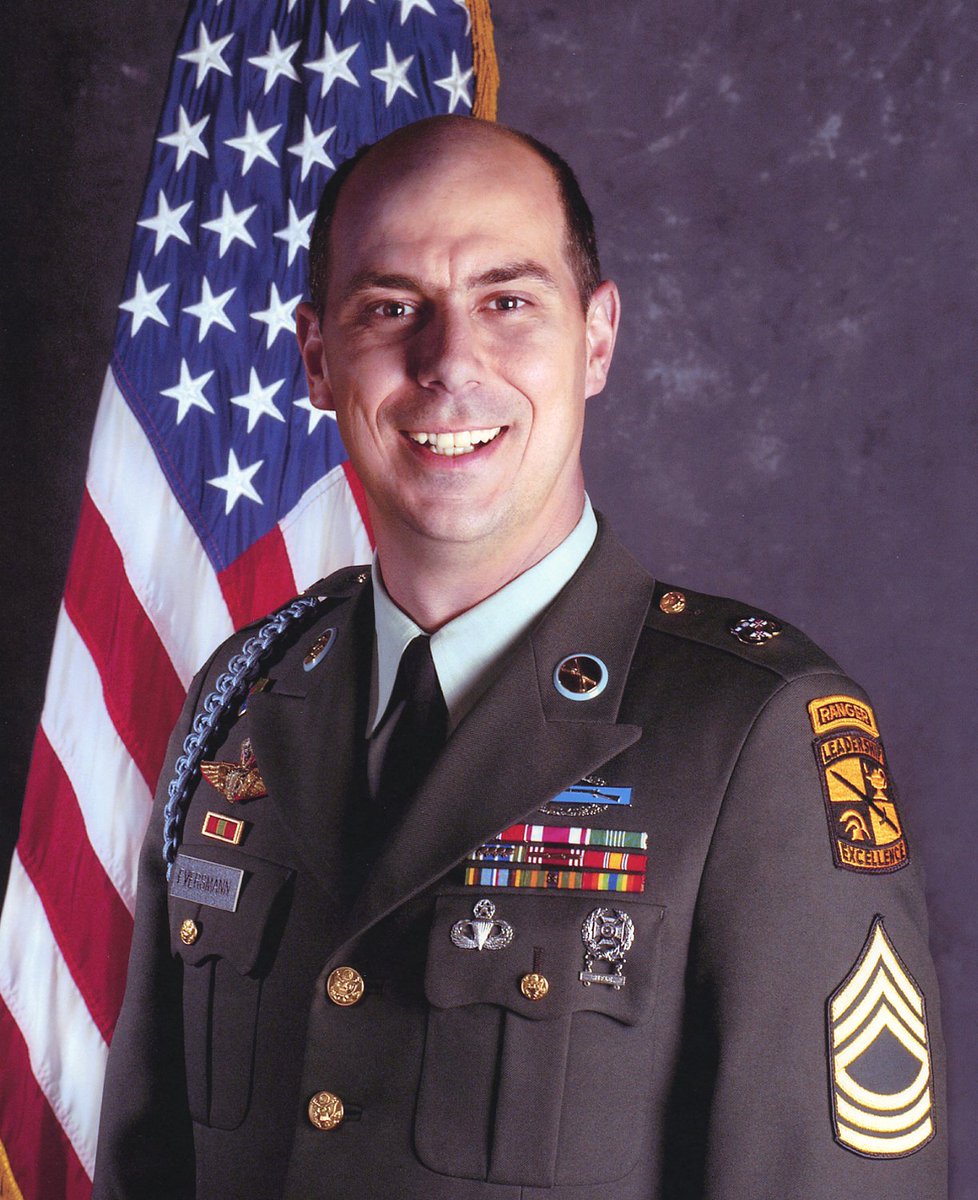
8 of 9: Matt still can't escape association with the film. "I don't love the attention. There were 144 other guys on the ground plus the pilots. I'd rather people talked about James Smith [Corporal killed near crash site one]." 

8 of 9: "But, with the all the recognition, I just try to be a good ambassador. I try to represent all of us. I try to give voice to the men who didn't make it out." 
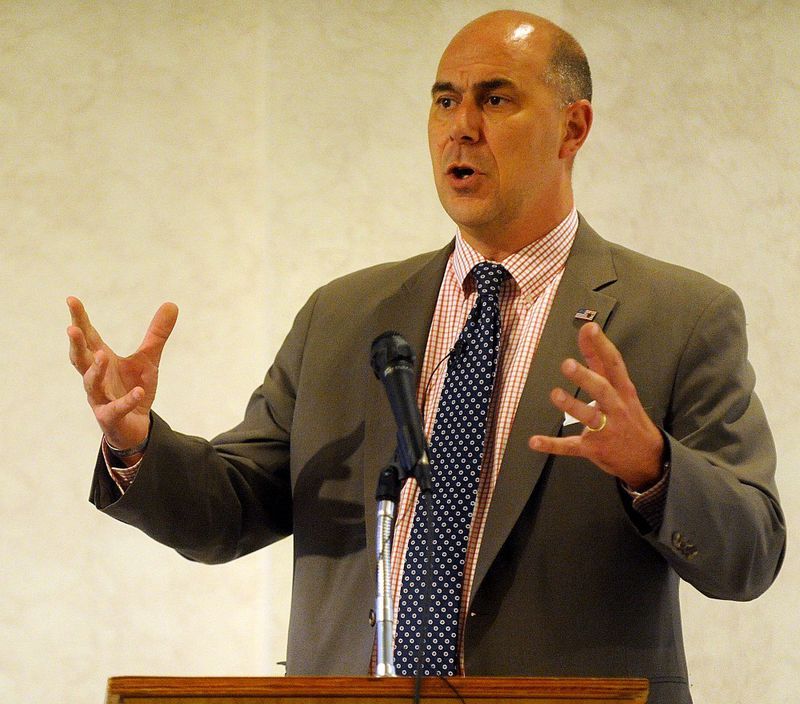
FINAL: Ultimately, he reflects positively on the Battle of Mogadishu: "I choose to look back at October 3rd and 4th not with sadness, but of the incredible opportunity to serve with such amazing warriors." 
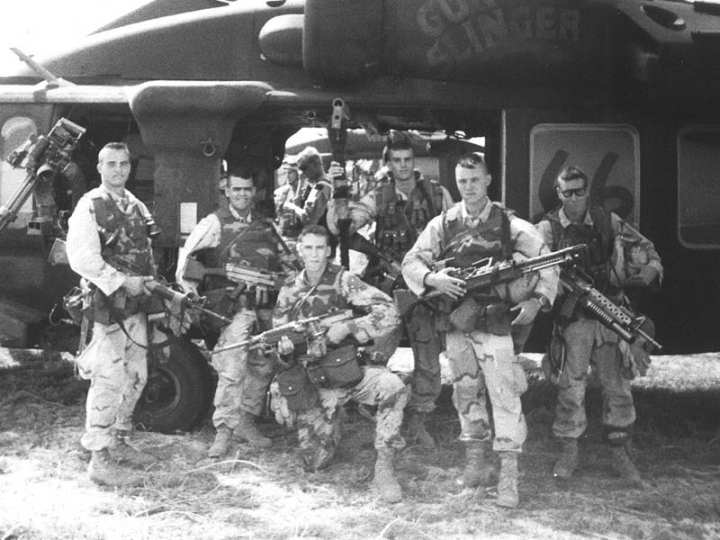
• • •
Missing some Tweet in this thread? You can try to
force a refresh










